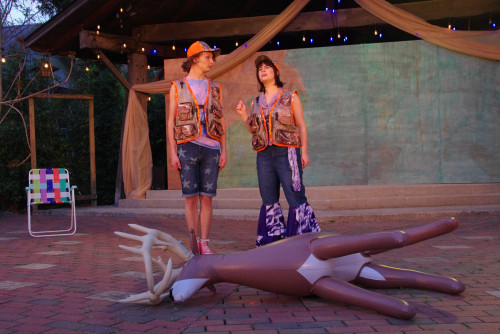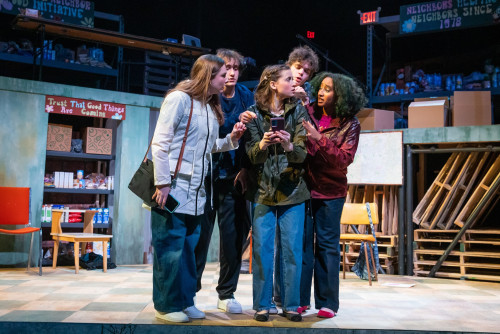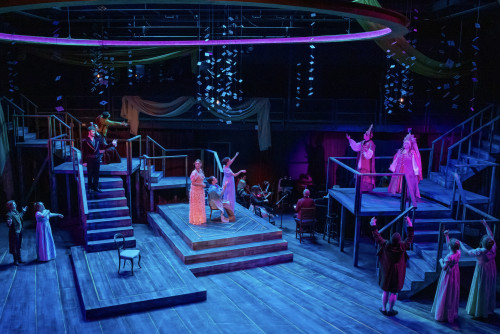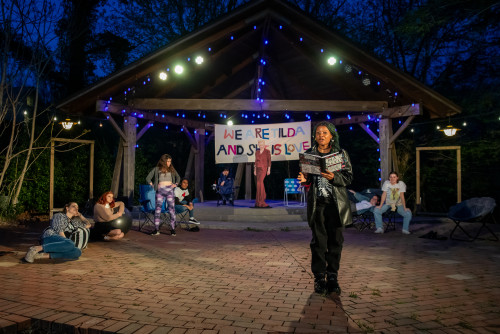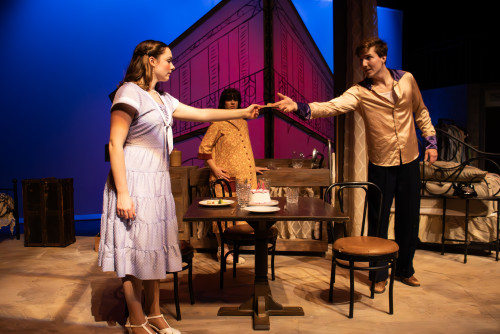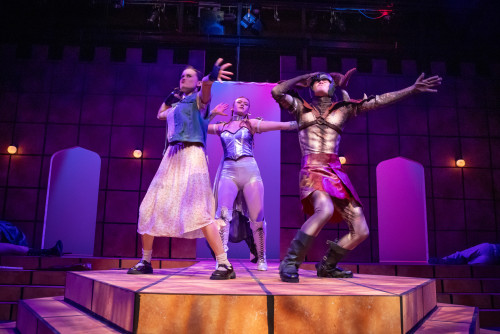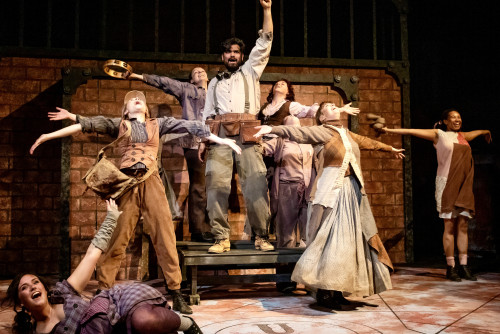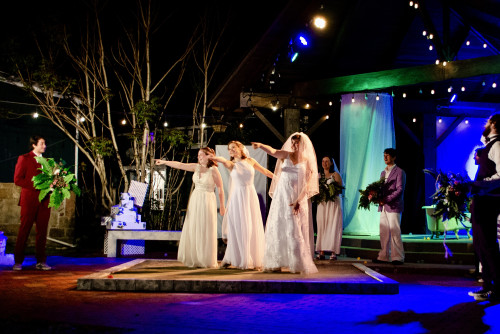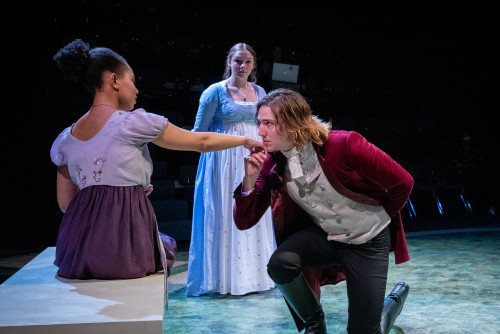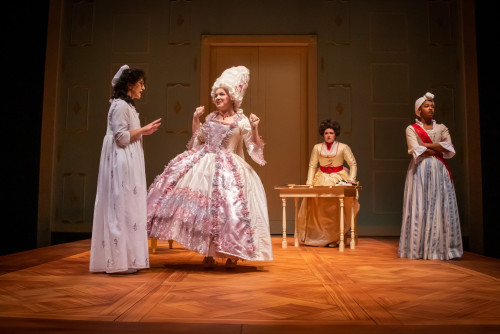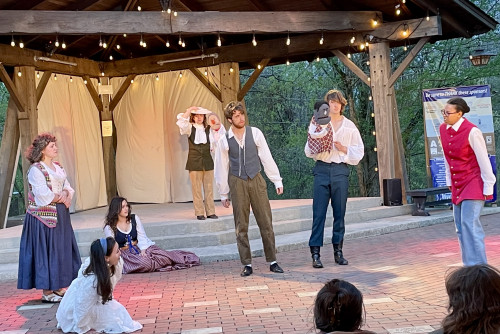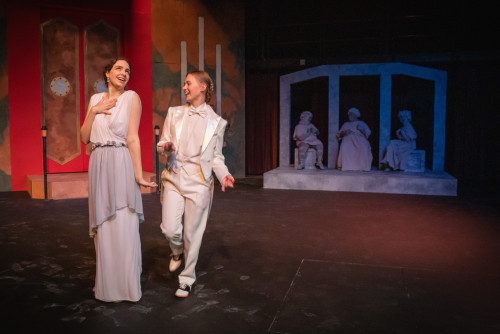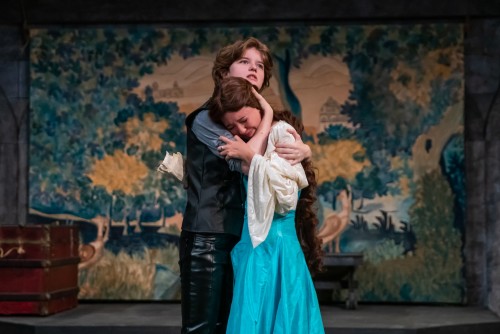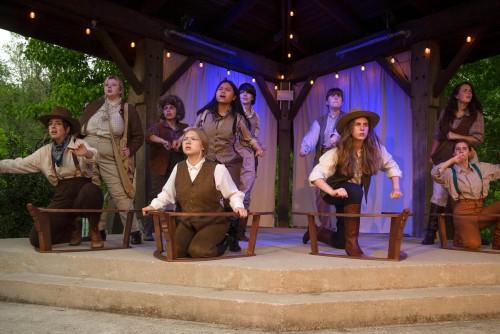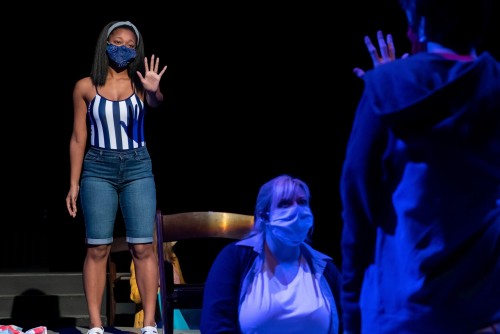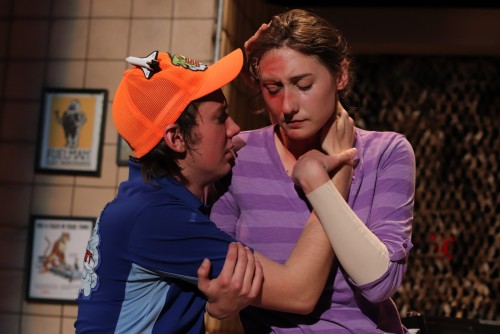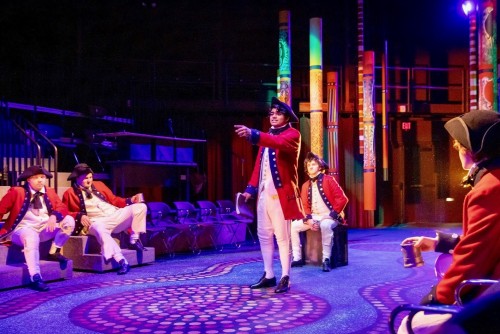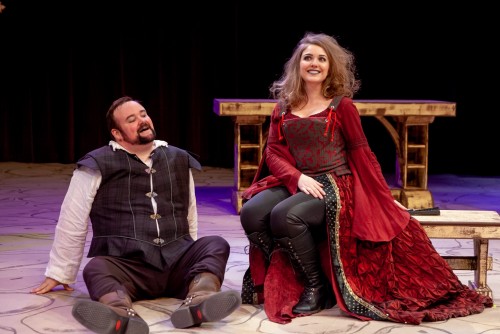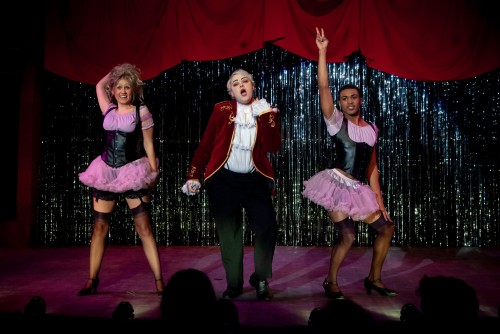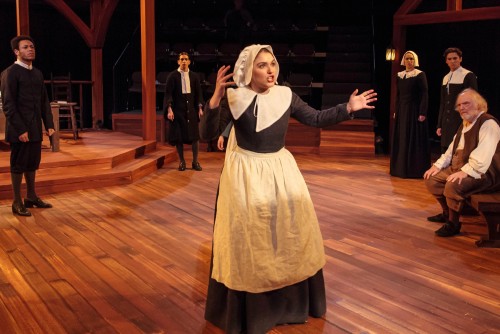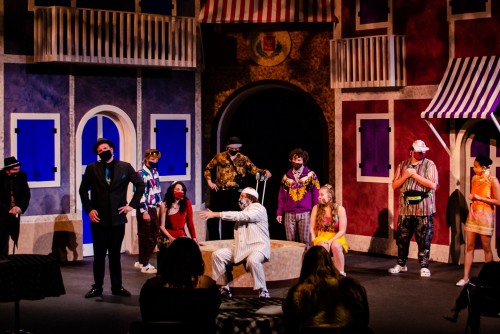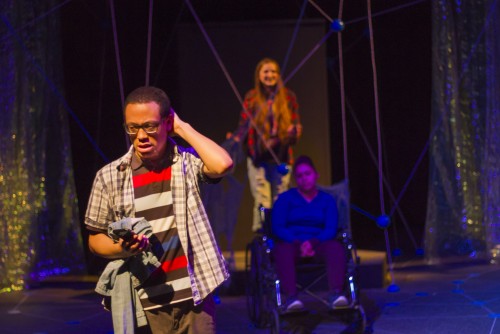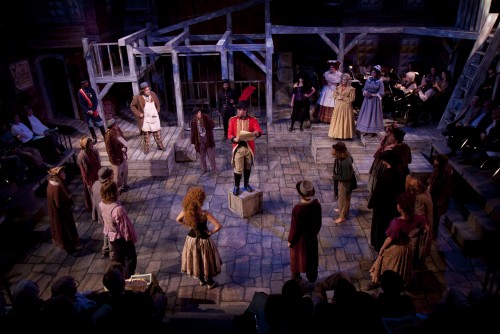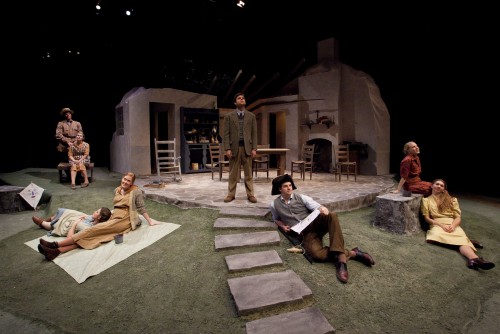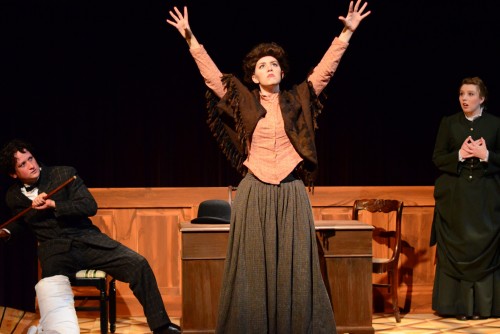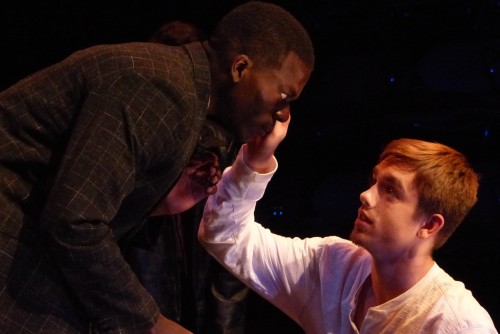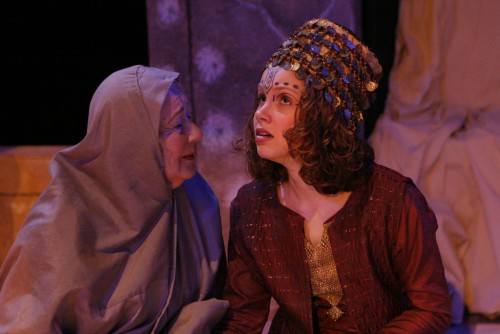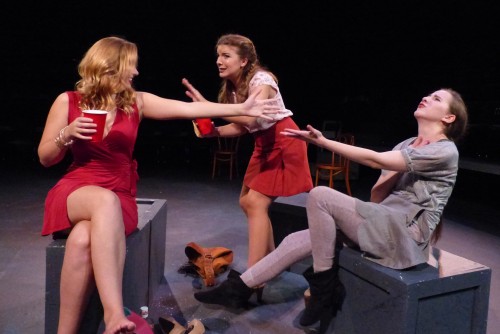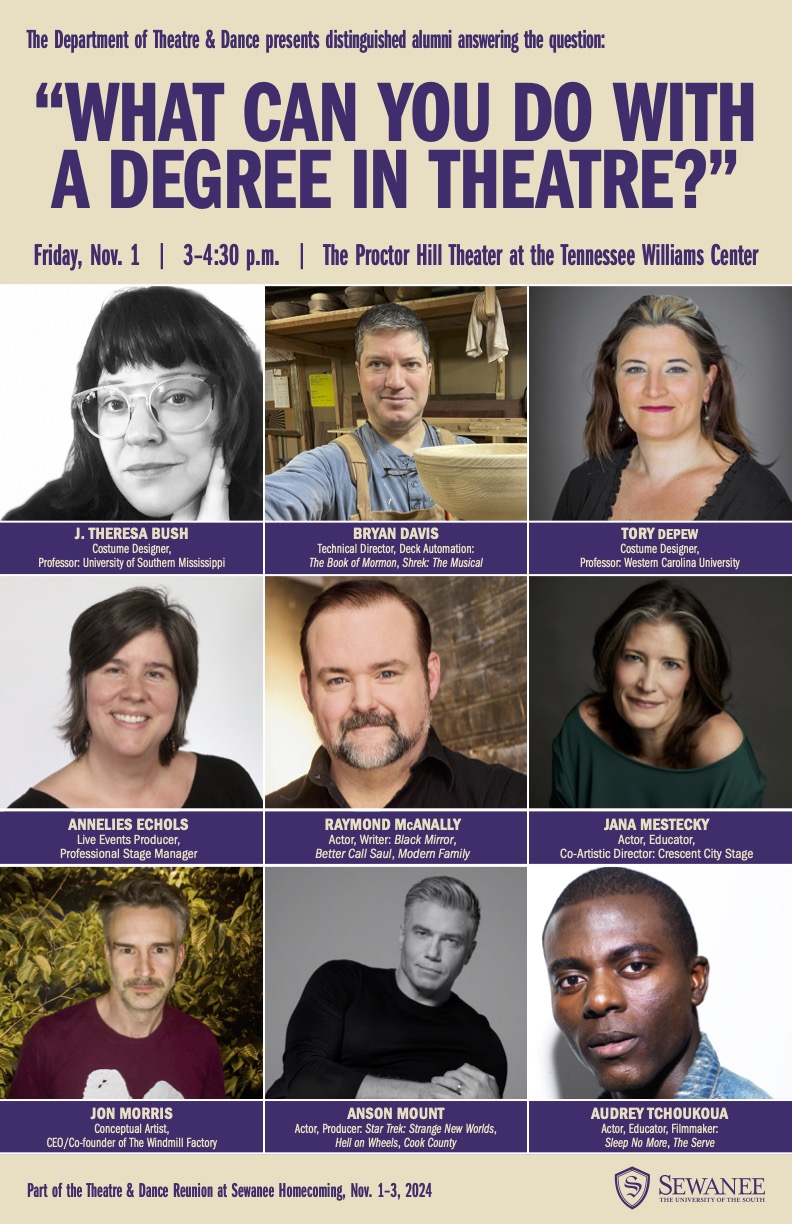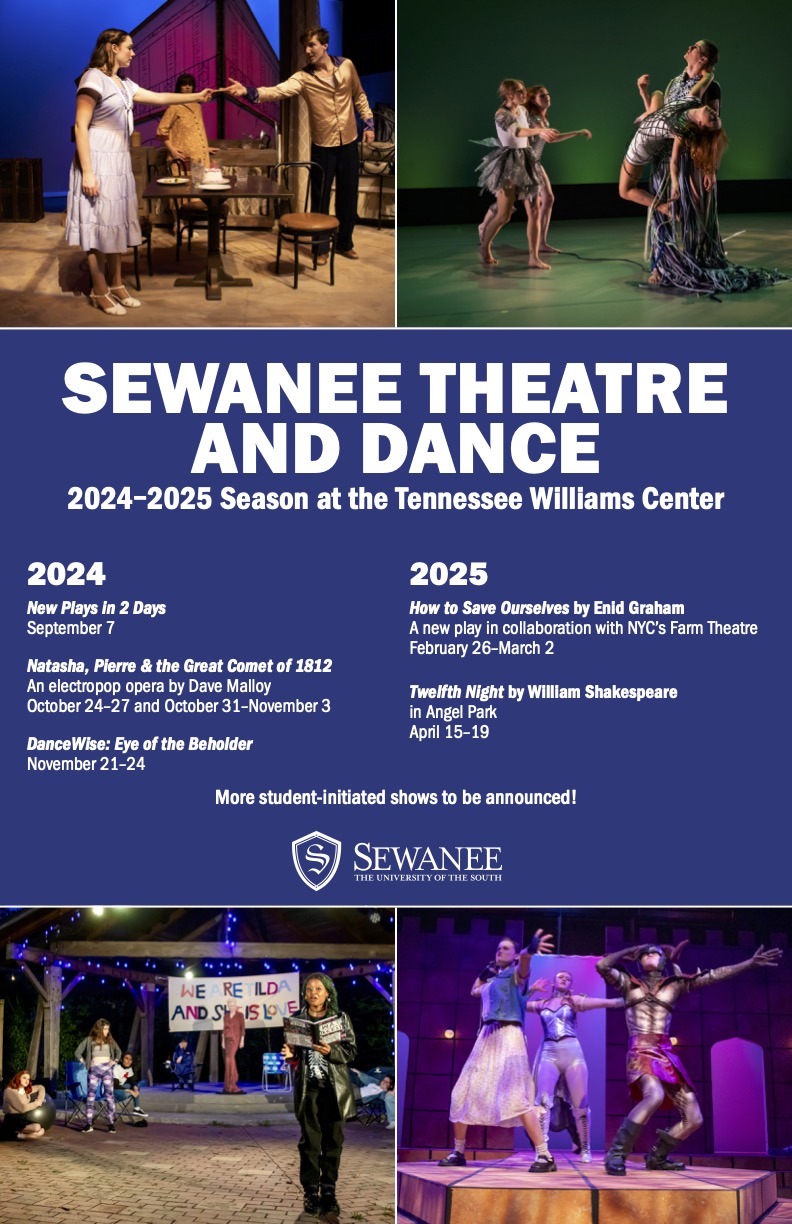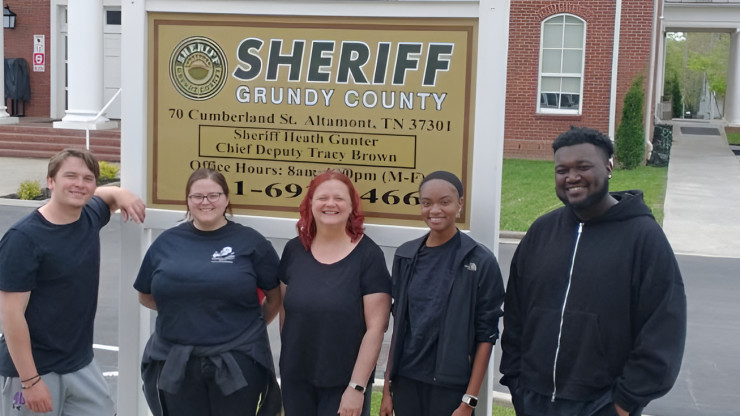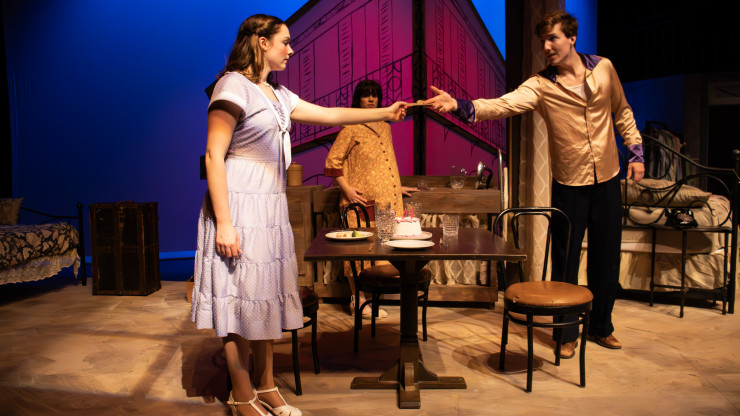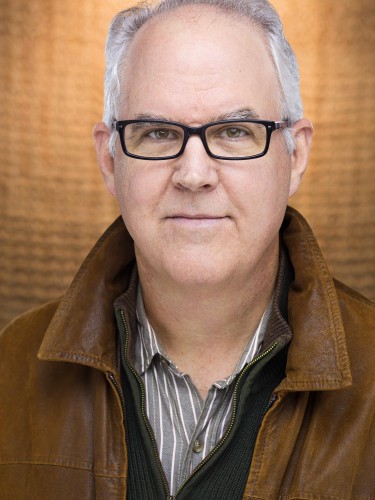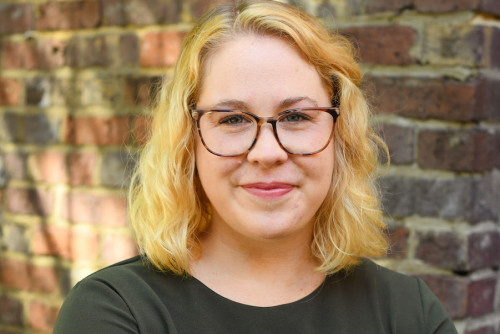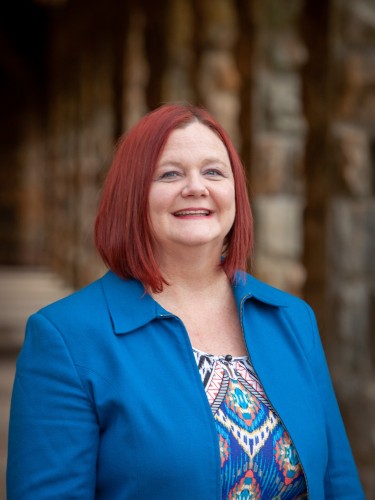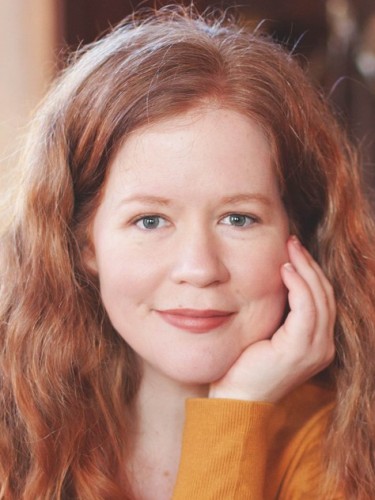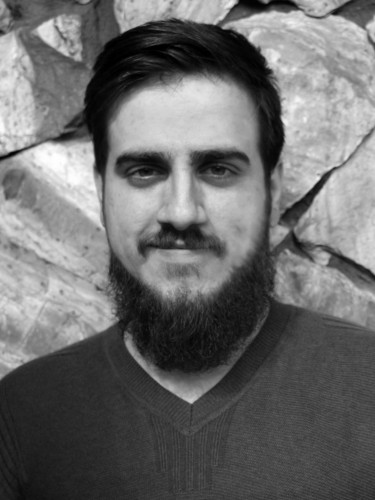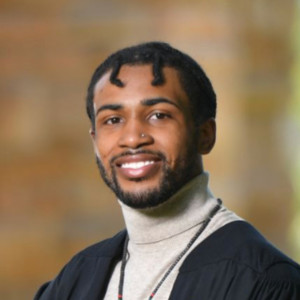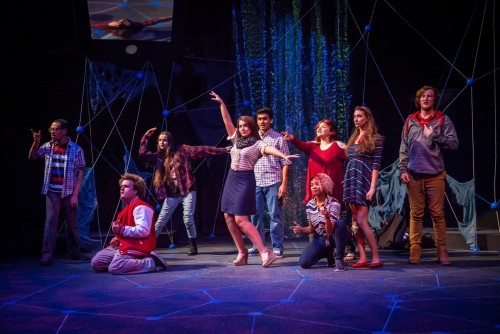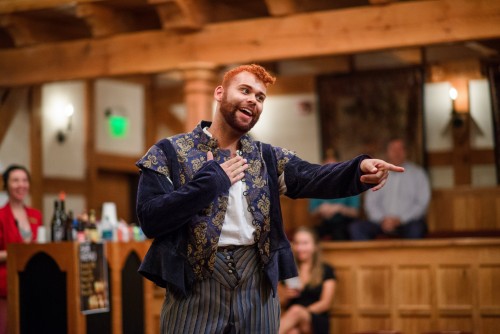Theatre is a collaborative art form. To perform is to step into the shoes of a character, to let go of inhibitions, and to dwell in a cooperative space.
Why study theatre at Sewanee?
Majoring in theatre at Sewanee will give you a strong foundation in all areas of study: acting, directing, design, history, and theory. You’ll expand your knowledge and experience by actively participating in full-production programs. You’ll also be encouraged to supplement your learning with complementary courses in other departments like English and psychology.
Competence on stage and behind the scenes and collaboration with your cast and crew exhibit more than just an understanding of theatre—they demonstrate the mastery of skills needed to live well in community with others. Here at Sewanee, theatre can help you be successful in life both on and off the stage.
FIRST DESTINATIONS: Theatre MAJORS
Sewanee graduates secure positions in a variety of fields. Some you would expect, others, are a bit of a surprise. Sewanee prepares you for your profession and your passion. Below is a sampling of recent graduates' first jobs.
- Actor, Tennessee Shakespeare Company, Germantown, Tennessee.
- Brand planning intern, The Richards Group, Dallas, Texas.
- Choreographer and head of movement/fight, Merrie Woode, Sapphire, North Carolina.
FELLOWSHIP IN THE ARTS
Students with exceptional promise in performing or studio arts can apply for a Fellowship in the Arts. These fellowships range in value and are renewable for four years.
